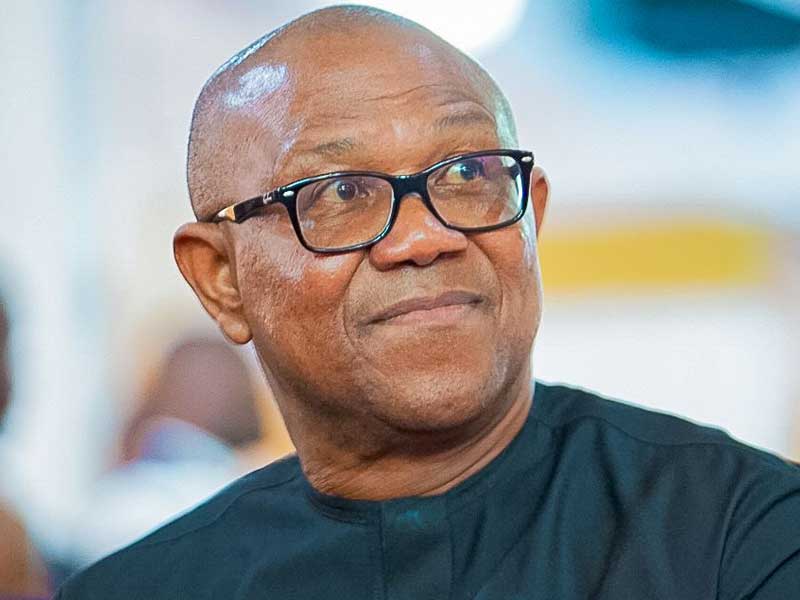Federal University, Lokoja inaugurates zoo


The Federal University of Lokoja opened a zoo on Thursday to facilitate students’ practical learning in biodiversity, wildlife, and recreation.
According to the News Agency of Nigeria, Ibrahim Goni, Conservator-General of the National Park Service, inaugurated the zoo and conservatory on the institution’s Field Main Campus.
The zoo’s animals include donkeys, snakes, ostriches, horses, and monkeys, among others.
According to NAN, the zoo contains a children’s entertainment and recreational facility that serves as both a recreational and educational institution for the residents of Lokoja and its surroundings.
It is also anticipated to serve as a learning centre for families, tourists, and wildlife lovers interested in Nigeria’s rich natural history.
Mr Goni, while inaugurating the facility, described it as a centre with the potential to contribute to global conservation efforts that would benefit humanity.
He said: “Nigeria, as a nation, is rich in natural and cultural diversity, so the protection of its natural resources will always be of utmost importance.
“The role of zoos and conservatories in the preservation and protection of biodiversity cannot be overstated as they serve as living laboratories, fostering deep understanding and appreciation for the natural world.”
He disclosed that about 180 million people visit Association of Zoos and Aquariums-accredited zoos and aquariums each year, and contribute about $24 Billion to the U. S Economy.
According to him, in Nigeria, travel and tourism contribute about 3.6 per cent to the country’s GDP annually.
Mr Goni expressed the belief that through effective collaboration among the academia, conservationists and the government, the objectives of the centre would be achieved.
The university’s vice chancellor, Prof. Akinwumi, described zoos as educational resources, providing a living laboratory for students and researchers in the fields of biology, environmental science and wildlife management.
“For creating a safe haven for various animal species, we are not only contributing to global conservation efforts, but also raising awareness about the importance of protecting our natural world.”
Earlier, the director of the centre, Prof. Jacqueline Badaki, had lamented the ever-changing wild landscape being ripped apart by climate change and habitat loss across the globe.
Ms Badaki opined that captive breeding programmes were needed more than ever before to “assure the survival of some species that cannot survive on their own”.










